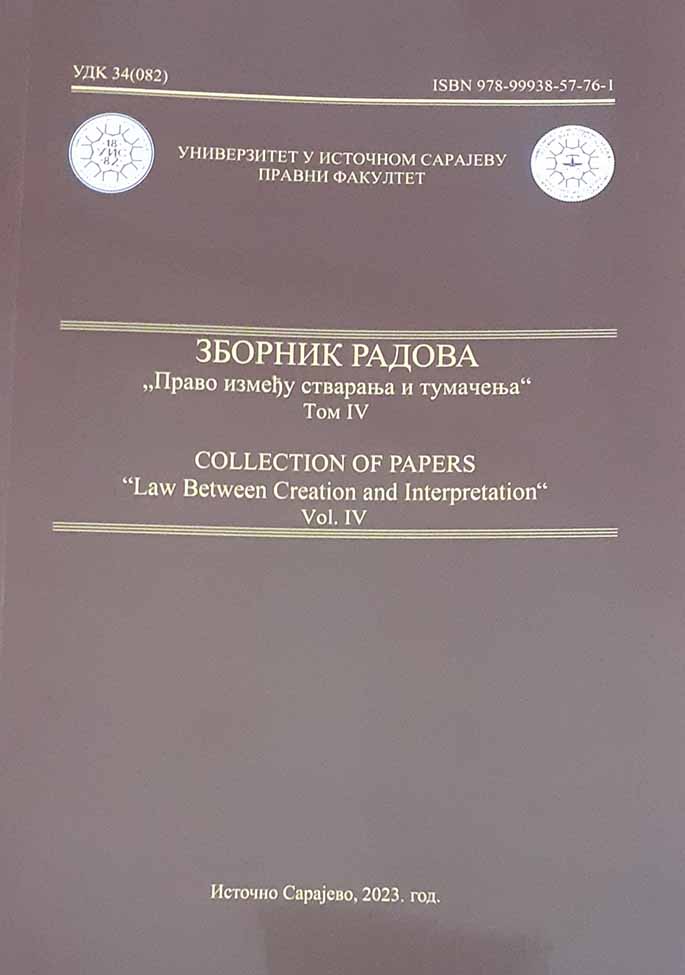Author(s): Marina Nawalna / Language(s): Ukrainian
Publication Year: 0
The study examines innovations in Ukrainian mass media texts on military topics. The proposed corpus of lexemes demonstrated an expanded scope of their use both in language practice and in the language of Ukrainian mass media. The paper offers a comprehensive investigation of the lexemes of various part-of-speech affiliations which were attested in the language of mass communication during the period of the Russian-Ukrainian war, characterizes the semantic meanings and nuances of these language units, identifies occasionalisms, considers lexemes and phrases in their dynamics as well as the role of style in journalistic texts. The corpus of the collected material shows the appearance of homonymous formations, which is caused by the desire of speakers to figuratively name a phenomenon or action, conveying shades of meaning or expression for which there are no special means in the Ukrainian literary language, which engenders the need to break linguistic automatism. The research focuses on the category of personality, structural-semantic and functional-stylistic aspects of homonymous formations, and the expression of proper names. As evidenced by the language of modern mass media, the word-forming onymic base of such lexical units has significantly expanded, and their stylistic load has fundamentally changed. To study innovations in the language of Ukrainian mass media, the observational and descriptive methods were mainly used. At various stages of the study and classification of language units, the method of functional analysis was used to determine the stylistic potential of lexical units. The source of the presented lexical material was the texts of modern Ukrainian mass media operating in both regional and all-Ukrainian information space ("Ukrainska Pravda", "Vysokyi Zamok", "TSN", "Detectormedia", "UNIAN", "UKRINFORM", etc.). The language of modern Ukrainian media shows a wide use of new lexemes and well-known words with new meanings as well as fixed phrases that have acquired additional variants of meaning. In the language of Ukrainian journalism, new verbs are recorded, which are often formed from proper names, to convey actions, processes and states that are characteristic of the persons or communities in question. There is a tendency for journalists to use new nouns and occasional formations. Nouns in mass media texts often acquire new meanings that are understandable only in their contexts. Under the influence of non-linguistic factors, a group of phrases has been formed, which develop new connotations and function as fixed expressions. The innovations mostly give the language of the mass media means to express negative assessments: they convey contempt for the invaders and their politicians, emphasize their vulgarity and inability to resist the Ukrainian military and the Ukrainian people in general.
More...


